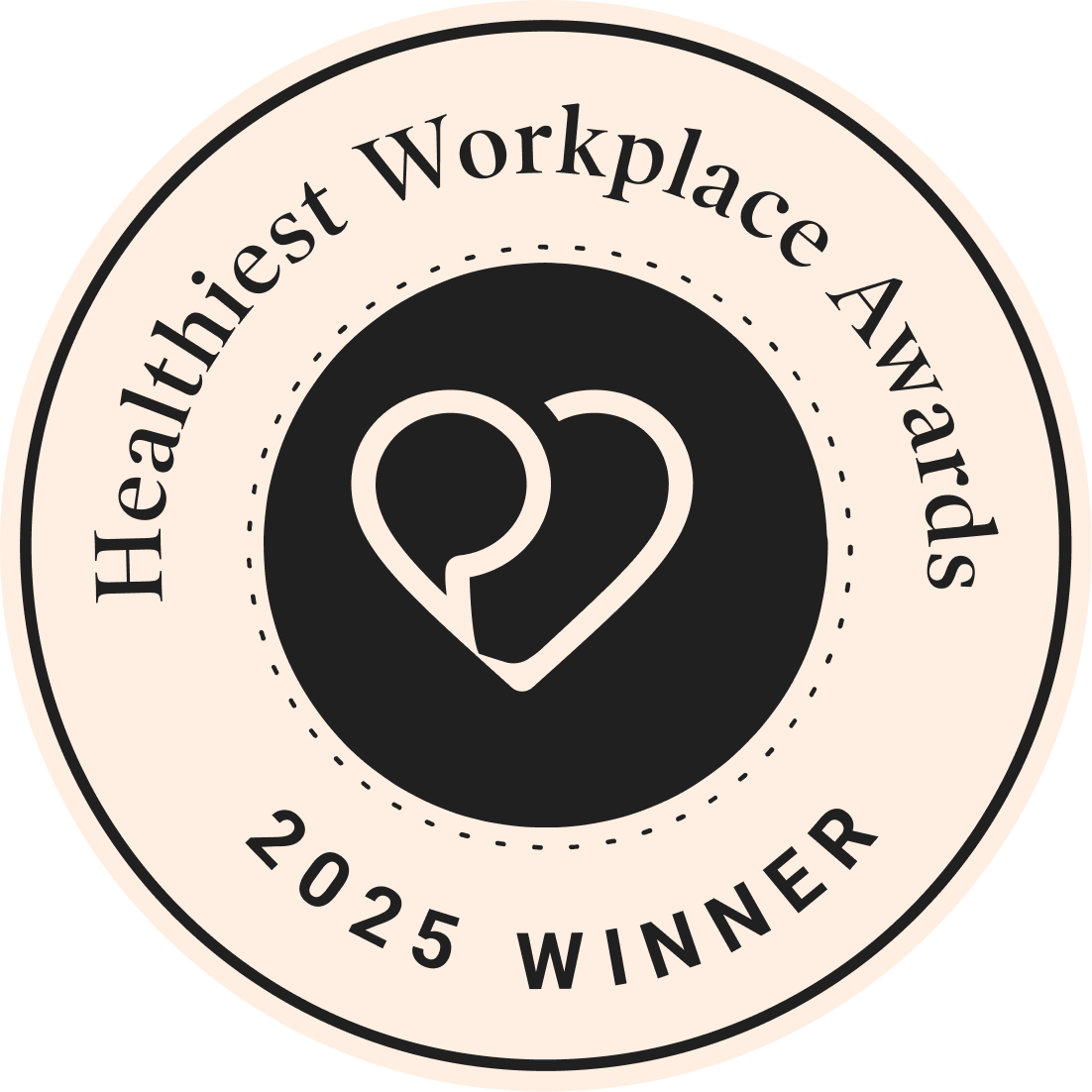Picture this: You’re in your late 60s. Your son, in his 30s, first showed symptoms of schizophrenia at age 20. You’ve helped him as much as you can: connecting him with good doctors, helping him to stay consistent with medications; when he’s well, he’s been able to hold onto a part-time job for a few weeks.
Now receiving ODSP (Ontario Disability Support Program), your son is paying his own bills and contributes faithfully to household expenses. You’re getting by financially and have made provisions in your will for your son, but it won’t be much. As you age, your son is anxious about moving out on his own—he knows the average rent for a one-bedroom apartment is well over $1,500/month right now. No one knows how to make the numbers work.
The chronic underfunding of ODSP effectively treats people who have a serious, chronic, and diagnosed disability as unworthy of living with dignity and respect.
At Indwell, we hear scenarios like this over and over. We’re thankful that this family has been able to keep their loved one at home. But we all know that his housing is now precarious—in the next few years, this man will need other housing, hopefully before anemergency puts him at risk for homelessness.
The underfunding of ODSP effectively treats people who have a serious, chronic, and diagnosed disability as unworthy of living with dignity and respect. A survey of the past 20 years of ODSP shelter allowance and CMHC’s data for apartment rents is sobering (see graph below).
Over the past 20 years, ODSP shelter allowance rose by 17% while rents rose by 48%. But the situation is much more dire—CMHC’s data considers all current rentals, including many rent controlled situations. For a new renter in Hamilton, according to Zumper.com, average rent will be $1,715 as of April 2023.
The federal Bill C-22, a proposed Canada Disability Benefit Act which is supported by all political parties, has the potential to address some of the inequities faced by people with disabilities by establishing a Canada Disability Benefit and making an amendment to the Income Tax Act to “reduce poverty and to support the financial security of working-age persons with disabilities.”
Bill C-22 is currently under review by the Senate Committee on Social Affairs, Science and Technology, with the potential to become law this summer, with an additional year of regulation development by the Governor in Council to enact the Bill—this will determine its substance.
Jeff Neven, Indwell’s CEO, appeared as an expert witness to the Standing Committee on Human Resources, Skills and Social Development and the Status of Persons with Disabilities in the House of Commons about Bill C-22. He and other witnesses advocated for a significant increase in shelter supports, with no “claw back” of provincial disability supports if a person receives a Canada Disability Benefit.
If you were in the above scenario, the Canada Disability Benefit may mean that your son would be able to pay nearly market rent for an apartment close to his brother, with some funds left over for other expenses. For anyone with a disability, it would mean they would have choices about where to live, and increased access to various levels of supportive housing.

“From the Archive: ODSP & OW Rates Sheets from 2015 to 2021.” Income Security Advocacy Centre, 8 Aug. 2022, https://incomesecurity.org/from-the-archive-odsp-ow-rate- sheets-from-2015-to-2021/.
Ontario Works and ODSP Rates 2003-2016. https://pub-london.escribemeetings.com/filestream.ashx?DocumentId=34005.
“Average Rent in Hamilton, on and Cost Information.” Zumper, 2023 Zumper Inc., 1 May 2023, https://www.zumper.com/rent-research/hamilton-on.
If you would like to stay updated on the progress of Bill C-22 and the regulations, send a message to Judy at jeising@indwell.ca.
Update on Bill C-22
originally printed in Summer 2023 Newsletter
Many of you have been in contact with us, hoping for updates about Bill C-22, the Canada Disability Benefit Act, after reading about it in our Spring Newsletter.
We’re so pleased that this bill has received final approval by the Senate and Royal Assent from the Governor General, meaning it’s now passed into law, creating a federal income supplement for people with disabilities.
Bill C-22 could increase the financial security and independence for people with various disabilities; people who comprise up to 40% of Canada’s low-income population and are more likely to be unhoused or precariously housed.
Regulations for this Bill will be developed in the coming year and we’ve advocated for a significant increase in shelter supports as part of these regulations. We look forward to joining with people with disabilities and related organizations to contribute to the development of Bill C-22.















